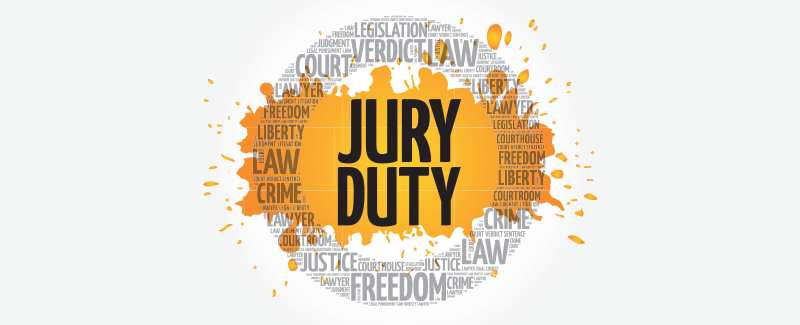The Ban the Box bill, also known as the Fair Chance Act, is a rapidly growing nationwide movement that would greatly improve job opportunities for individuals with a criminal record. The bill would remove any inquiry into an applicant’s criminal history on initial job applications, giving ex-offenders a better chance to find employment. The passing of this law would prevent the federal government and federal contractors from requesting criminal history information until they reach the conditional offer stage, which would give ex-offenders a chance to demonstrate their skills and qualifications before being written off completely.
The National Employment Law Project (NELP) reported that 35 states and over 150 cities and counties have adopted Ban the Box laws as of December 2019. On December 11, the Fair Chance Act passed in the House of Representatives and was sent to the Senate for consideration. The bill was passed by the Senate on December 17, and it’s now making its way to the President’s desk. If President Trump signs the bill, thousands of qualified individuals will have greater opportunities to contribute to their community, the economy, and life beyond prison walls.
A criminal record is a significant barrier to employment, reducing the chance of a callback by nearly 50% for men overall, and 60% for black men. The Fair Chance Act will require the Bureau of Justice Statistics to coordinate with the U.S. Census Bureau and issue a report on the employment statistics for formerly incarcerated individuals, which would help ensure the improvement of job opportunities for ex-offenders. The Ban the Box bill encourages employers to look beyond a criminal past when assessing an individual’s qualifications, but more importantly, it allows people to be defined by their character, not their conviction.










